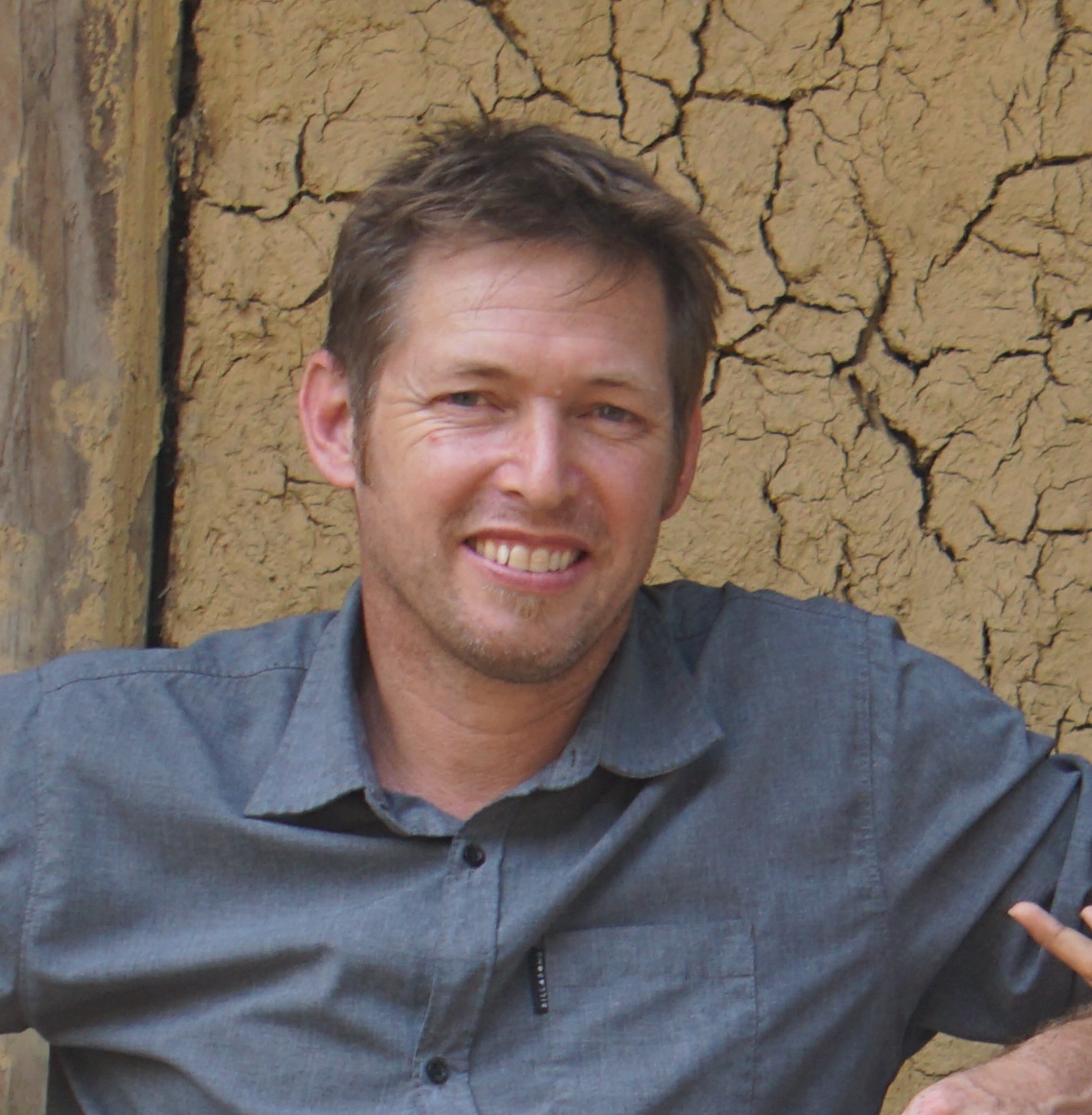There is a large amount of literature on men’s involvement in S&H processes, but much less on men’s partnerships to support women to participate in S&H processes. Unless men are engaged in facilitating opportunities for women’s decision-making in S&H processes, a sanitation and hygiene programme can inadvertently run the risk of increasing S&H burdens for women.
Examples in Timor-Leste and elsewhere point to the need for a focus on building women’s confidence so that decision-making roles are not reinforced as the domain of men. Interestingly, action in one of the strongest social taboo areas in WASH, menstrual hygiene management (MHM), appears to be a standout in this regard, with positive examples of men’s engagement in India and Africa.
In general, an increasing amount of work is being done on facilitating men’s partnership to support women in WASH processes, but it remains an emerging area in the WASH sector. There has been a significant focus on care roles in broader development practice, but less specifically in sanitation and hygiene.










